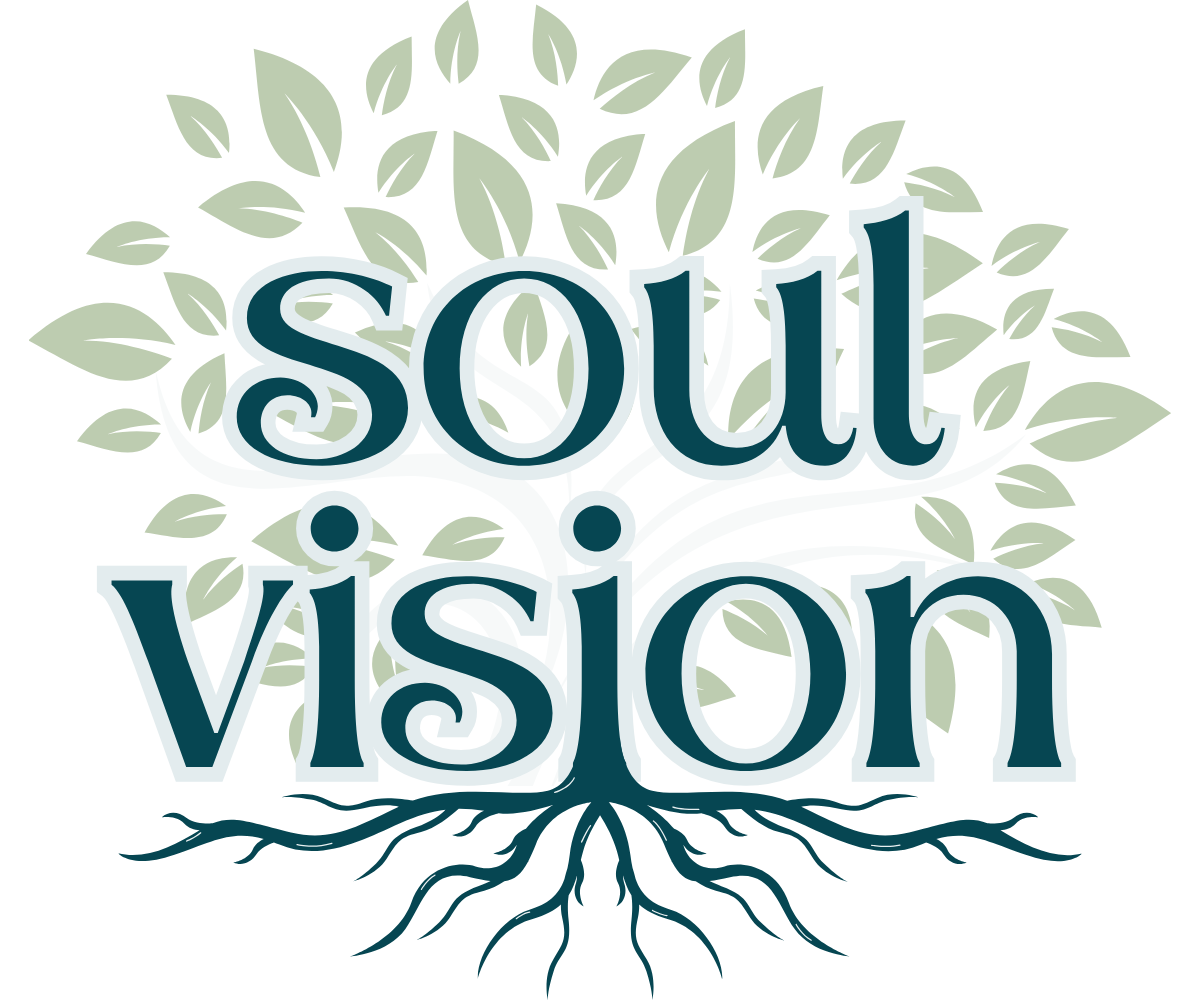Beyond Healing
You’ve been on this path a long time, Dear One.
You’ve looked deep into the shadow of your soul, and you’ve walked through the fire of your initiation.
You came to your healing because something in you felt broken, beaten, and battered – by life, by the ones who were supposed to protect you, by those who were still unconscious…
And so you did the work!
You’ve learned how to feel your feelings and how to be grounded in your body and how to connect deeply with those who can handle your full authentic self.
You’ve Learned. You’ve Grown. You’ve Healed.
By now, you’ve been working on yourself for so long, it’s become a habit.
One more course.
One more workshop.
One more retreat.
Always chasing something… that’s been here all along.

Welcome to Soul Vision!
I’m Mercedes Jayne,
a Holistic Detective
I work with those who are ready to move beyond their healing journey and step into leadership.
Conceptually You Know You’re “Already Whole”
In principle, you understand this. You get the idea that you were never broken to begin with (even as you recognize you do feel better than you used to; or at least, you’re more able to be present with your experience of suffering when you don’t).
But it’s not yet in your bones. This idea that you are an expression of the Divine, of Consciousness, here to experience itself through your own embodied awareness – you’re ready to feel it in your body, not just acknowledge it in your mind.
You’re ready to shift perspective
You may not need all those workshops and retreats anymore, but you still enjoy them. There’s no reason you need to stop them. There’s no harm in them – spending time with yourself in deep contemplation and introspection is (nearly) always valuable.
So maybe it’s time to reframe them from “healing” to “learning”? To sink into an experience of yourself as Consciousness Experiencing Wholeness – in each moment – whatever that happens to mean at that space and time.
The deepest transformations
happen through connection
What I offer here isn’t teaching or coaching or mentorship. What I offer is a space for us to connect through this orientation of Consciousness Experiencing More Wholeness.
What I bring is hundreds of hours facilitating a presence-based connection practice (Relatefulness), together with training and practice in Nūma Breathwork and Inner Relationship Focusing.
My role is to create and hold the space, so that each of us can show up as our full human & spiritual selves. From there, we will go with Spirit takes us, as we explore our inner and relational worlds together.
Embody your wholeness.
I orient from a profound belief that you are already whole, already complete, already enough; and, that your wholeness includes your longing for more loving connection and fullness in your life.

The Earth is undergoing a profound recalibration, and so are we.
The Divine Feminine is re-emerging in all her power and chaos, and the Divine Masculine is rebalancing its expression of strength and protection.
Outwardly, this deep transformation manifests as destruction and disorder. Yet, the more we come together and practice being intentional and embodied in our Earthly experiences, the stronger the field we generate to counteract these destructive energies.
We’re at a pivotal moment.
For those here to help, this is a critical time to bring higher vibrational gifts that support the healing and evolution of humanity.
For those here to be helped, this period is a tremendous opportunity to transcend old paradigms and heal the wounds of past lives.
